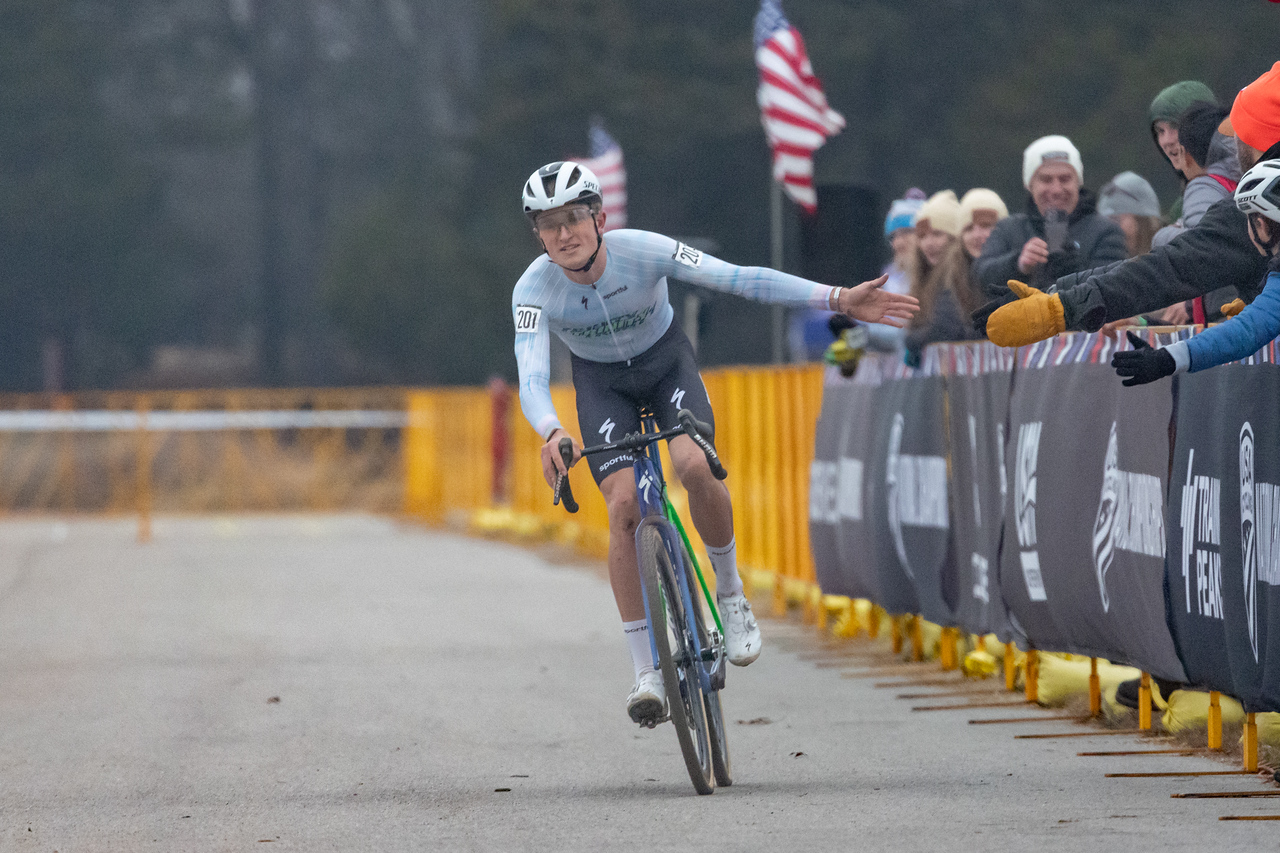Reactions to Pat McQuaid's Stakeholders comment
Kimmage, Millar Wyman and the AIGCP respond
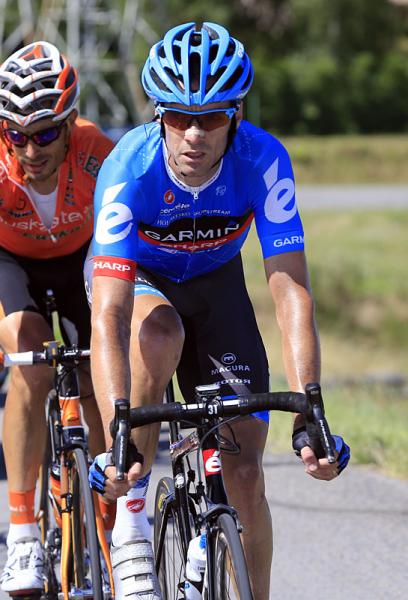
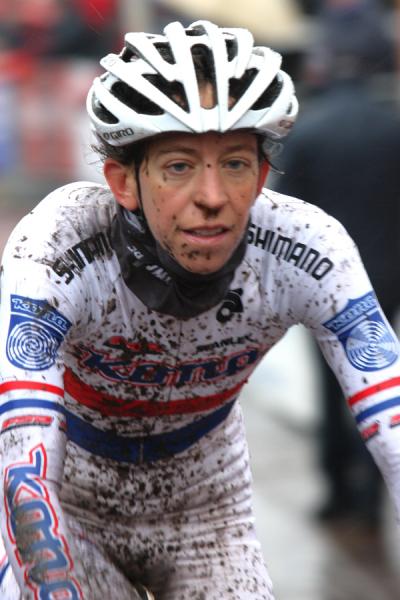
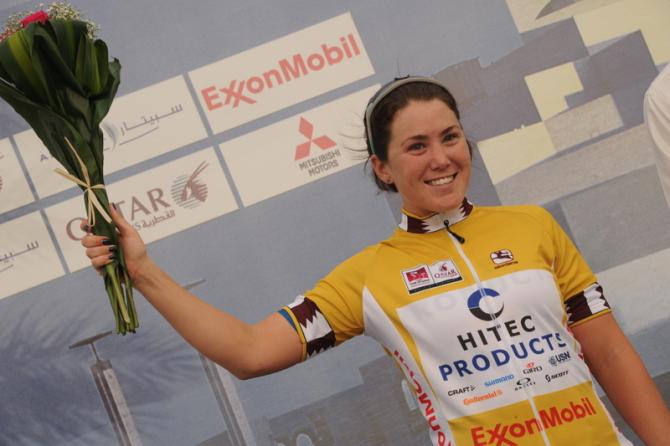
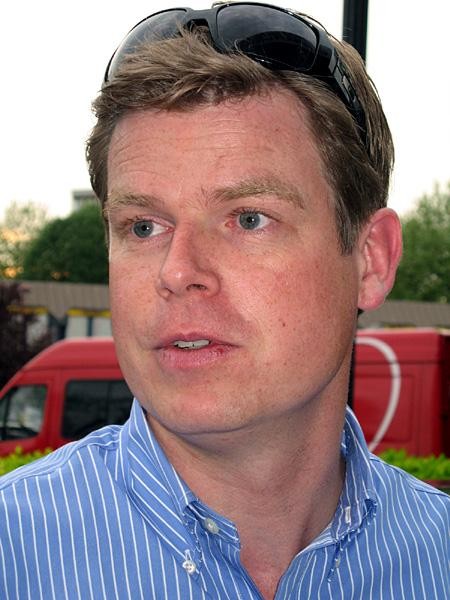
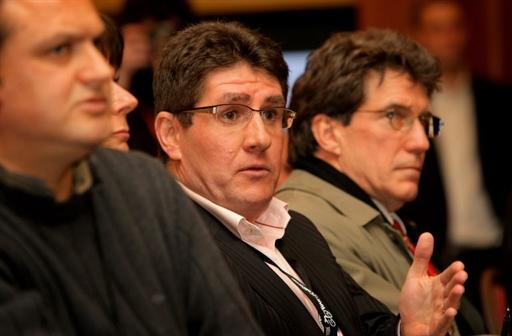
Cyclingnews has gathered a wide range of opinions to Pat McQuaid's opinion piece following the publication of the stakeholder consultation recommendations.
These included staunch anti-doping campaigner and journalist Paul Kimmage, professional rider David Millar, who confessed to doping early in his career and is now on a member of the WADA athlete committee, Luuc Eisenga -the managing director of the AIGCP teams association, female riders Helen Eyman and Chloe Hosking, and Steve Beckett, representing Repucom -the leading sports marketing research company.
Paul Kimmage, former rider, journalist and the author of the book 'Rough Ride'
McQuaid has spent the last eight years at the helm of this sport. The only thing that interests me with his signature on it is his resignation.
David Millar (Garmin-Sharp): A voice from the men’s professional peloton
Pat McQuaid’s article seems a little mixed in that it’s a personal voice, not a UCI voice and perhaps a Pat McQuaid presidential voice. It’s almost a pitch with regards to future candidacy, which I’m not sure is appropriate at this time.
I did fill in the stakeholders questionnaire and it was good, and even I was aware going through it that there were a lot of good things that the UCI have done. I think we’re aware of that, and that’s not the concern, but I think what is important is what has been raised here. This gives me confidence that the report shows the genuine concerns that the stakeholders have.
The latest race content, interviews, features, reviews and expert buying guides, direct to your inbox!
Now I think what does concern me slightly is when it says, “The Deloitte report will be presented to the UCI Management Committee when it meets next month in Bergen, after which the committee’s decisions on which recommendations to take up will be published.”
So it looks like once again even though we raised concerns the management committee can then pick and chose. I think they should concentrate on what the stakeholders have raised. The stakeholders holders need to see the report in full. We have that right and we need to given some confidence on how and when the UCI are going to act upon our concerns, rather than if.
The irony is that it doesn’t matter who the UCI President is. Honestly, in my opinion, if they’re listening to the stakeholders, it doesn’t matter.
Luuc Eisenga (managing director of the AIGCP): A voice from the riders’ representative group
From the moment the AIGCP decided to change it structure and way of working, we have been working around six key questions that we consider important for the development of our sport. Everything we do, everything we change, everything we discuss has to give answers to these questions:
1. Is it sustainable?
2. Is it valuable?
3. Is it comprehensive?
4. Is it credible?
5. Is it marketable?
6. Is it innovative?
Although we haven’t seen any result from the survey, the summary report or any conclusion, we wish to emphasize that it is our belief that only with the consensus of all stakeholders, we can achieve the needed change.
This system as it is today desperately needs that change, specially if we hold it against the six points we mentioned before. The teams will work towards a world of cycling, where riders can perform in a sustainable, healthy, safe environment, receiving the right tools to perform clean and easily reach out to the fans.
Ultimately, it is the fans that will show us right or wrong, it is them we carefully have to listen to. To us, it is imperative that the 6000 people that took the time and the effort, for the sake of the sport they love, have access to the full results of the survey. The AIGCP is curious to see the complete details of the survey before it can comment on any of the conclusions.
We would like to have this integrally published.
Chloe Hosking (Hitec Products): A voice from the women’s professional peloton.
You can see from events in the last week at the Tour Langedouc Rousillion that a lot of work needs to be done. The UCI needs to be taking more responsibility because if it had been a men’s race it would never have happened. I think there also needs to be push for more men’s races in tandem with women’s races.
Saying that, I do think that the UCI women’s channel that has launched this year, has been really great. We need more television time for our sponsor and while it’s not on TV it is on the internet and it’s accessible to everyone. You can give the UCI some credit for that that. There’s still a lot to be done though because our sport isn’t in the best shape.
Helen Wyman (KONA/FSA Factory Team): A voice from the women’s professional peloton
I believe the UCI has a leading role in developing women’s professional cycling. They’ve got the ability to make simple changes to our sport that would ultimately provide others involved the opportunity to also drive the sport forward. When discussing women’s professional cycling most references from all parties suggest we must improve the situation, yet no one has come out with actual examples of what they could do.
Firstly I think the UCI needs to completely overhaul the women’s professional team registration process. Women are currently regulated via men’s continental team (Non-Professional) regulations. We deserve a pro-tour/Professional Continental style 2 tier registration system. As I have experienced in the past there are vast differences between the management and structure of a team like Liv Giant and those of a small team with UCI “pro” status, scraping the money together to ride a few UCI events. How can both set ups possibly fit into one set of regulations developed for continental men’s teams?
If a new set of regulations could be created with a two tier structure higher standards could be laid out including a minimum salary with greater rewards to these teams. I feel the sport, following last summers increased awareness and publicity, is ready to take that step. This would also provide sponsors and media with an accurate reflection of what the team structures and ambitions are like.
We need these guys to stop saying 'womens cycling needs improvements' and say 'this is how we will improve women's cycling' because in the long run actions speak louder than words.
Steve Beckett (Representing Repucom)
All sports carry a reputational risk for sponsors but cycling is perhaps the most fallible to scandal & commercial ruin. Its dependency on sponsorship revenues is an outmoded boom & bust business model in sport.
In contrast Soccer, Formula 1, Cricket & North American sports have all demonstrated durability to scandal in recent years. TV revenues, match day revenues and better industry marketing mean teams are less exposed. And the risks to sponsors in these sports are generally reduced because they carry less association with teams.
Cycling can credibly claim to be leading the war against doping but the sport is still fighting a legacy of past misdemeanours. Operation Puerto and USADA remain part of the sporting public’s vernacular and German companies remain cool to ProTour sponsorships despite the largest participation rates in Europe.
The emergence of the Biological Passport, the MPCC, Team HTC, Slipstream (Garmin-Sharp), and Team Sky in recent years has done much to improve the public perception of pro cycling and commercial interest is following suit. But the passion & co-ordination to fight doping can seem sporadic. With booming levels of participation and viewing, now is the time to build on this position and unite the sport's anti-doping road map.
The credibility of pro cycling should be the number one focus for every stakeholder in the sport, but ultimately be spearheaded by the UCI. Repucom welcomes the findings of the UCI Stakeholders Review and maintains its position that pro cycling is under valued and offers significant returns to current and new sponsors to the sport.
Daniel Benson was the Editor in Chief at Cyclingnews.com between 2008 and 2022. Based in the UK, he joined the Cyclingnews team in 2008 as the site's first UK-based Managing Editor. In that time, he reported on over a dozen editions of the Tour de France, several World Championships, the Tour Down Under, Spring Classics, and the London 2012 Olympic Games. With the help of the excellent editorial team, he ran the coverage on Cyclingnews and has interviewed leading figures in the sport including UCI Presidents and Tour de France winners.

